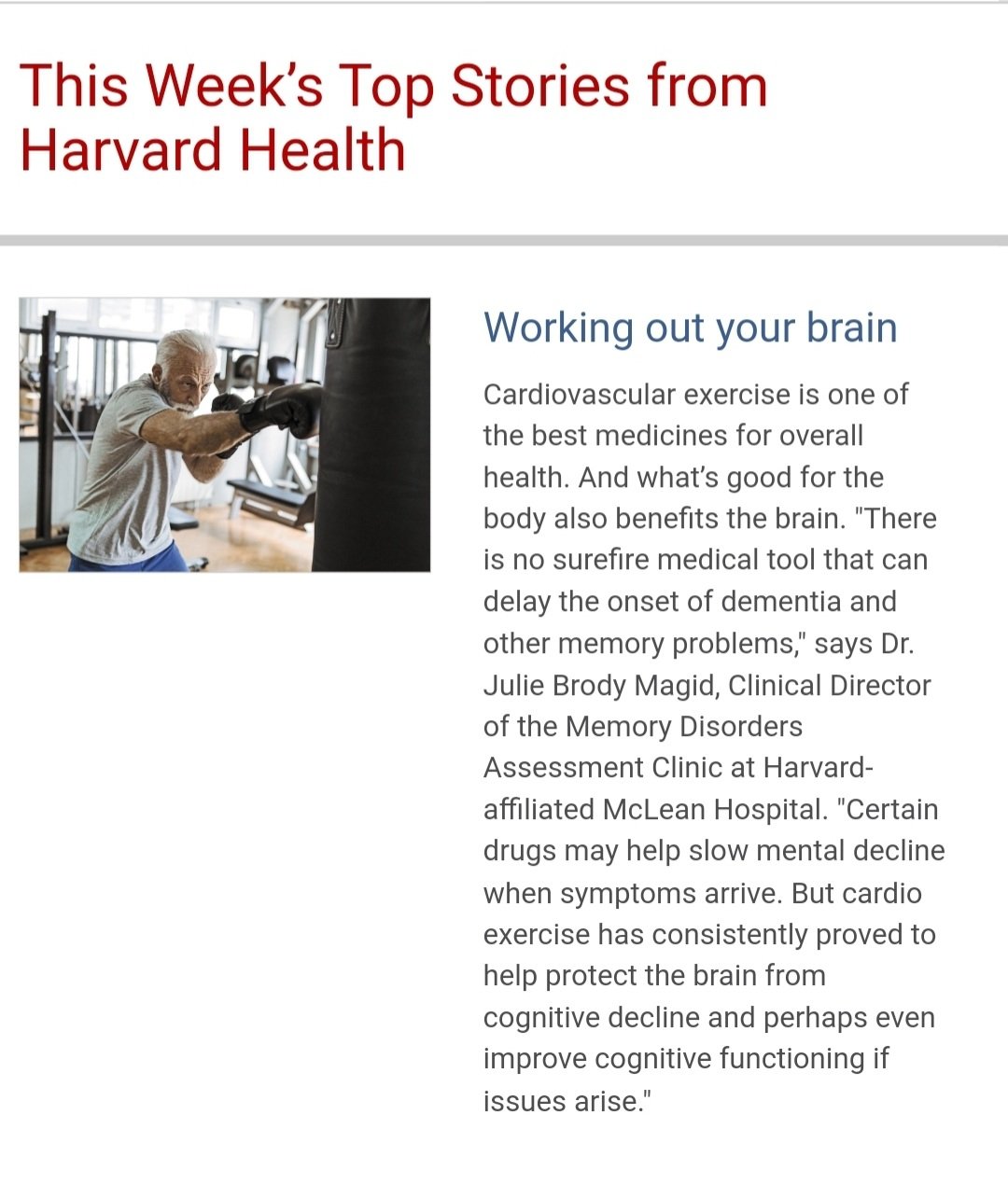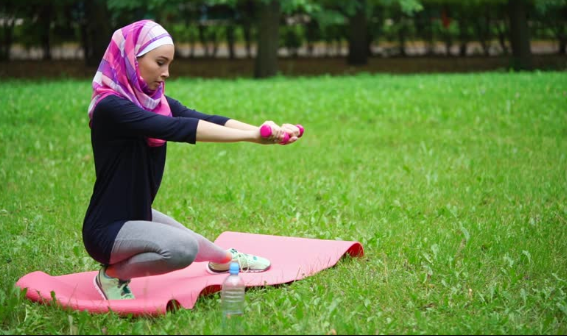Why It's Important To Go SLOWLY During The Holidays
By: Sumera Garcia-Quadri
Happy November members,
The holiday season is approaching and I would like to say that it is perfectly fine to take it SLOWLY. I know the holiday season is full of super delicious drinks and treats - which can be scary for someone who is trying to control their diet, hormones, and weight. Doctors often tell us that the solution is simply to "move more and eat less." While this may be the case for some, many personal trainers and fitness professionals, like myself, see how much our members are doing and think that doing LESS may be needed too. Let me explain...
As some of our class participants may know, I was unwell in the winter and spring term. As a result, I gained 15 lbs in 2 months and my blood pressure skyrocketed. I could not eat, talk, sleep, and/or instruct normally which affected my ability to earn a living. To get my immunity, energy, and metabolism back to a better state, I spent our Summer break away from intense cardio and exercises that would create more fatigue. The first thing on my list was to improve my sleeping - I hadn't slept well in months. I then increased my protein intake and calories to build more muscle. I reduced ultra-processed foods to eliminate some toxins in my body. I then went into slow strength training at my own pace - I targeted the largest muscle groups through compound exercises. Once I felt better, I made plans to go out and was not so scared of feeling discomfort or pain.
If you plan on attending holiday parties and gatherings, here are 3 small things you can do to stay on track and help keep your immunity, energy, and metabolism steady.
1. Remember to get enough sleep and take your supplements (if you do not know your biomarkers, please get a check-up and bloodwork done)
2. Eat lean protein first (protein helps us feel full)
3. Move at your own pace to reduce fatigue and burnout - Strength training is ideal, but if you're not comfortable with weight lifting or the bodyweight exercises that we do in our group fitness classes, do work with a skilled personal trainer or kinesiologist and create a plan that you can do once or twice a week at home. If you can go for little walks when it's not too cold outside that's a great way to get fresh air and sunlight. Getting the chance to dance with friends and family to your favorite tracks is also a great way to boost your mood and stay active - for me, it’s all about Hip-hip, 80s’, Latin, and classic Bollywood tracks.
For a 30-second look at my summer mobility and strength training, click here.
Wishing you a winter season full of good friends, health, and joy,
Sumera





